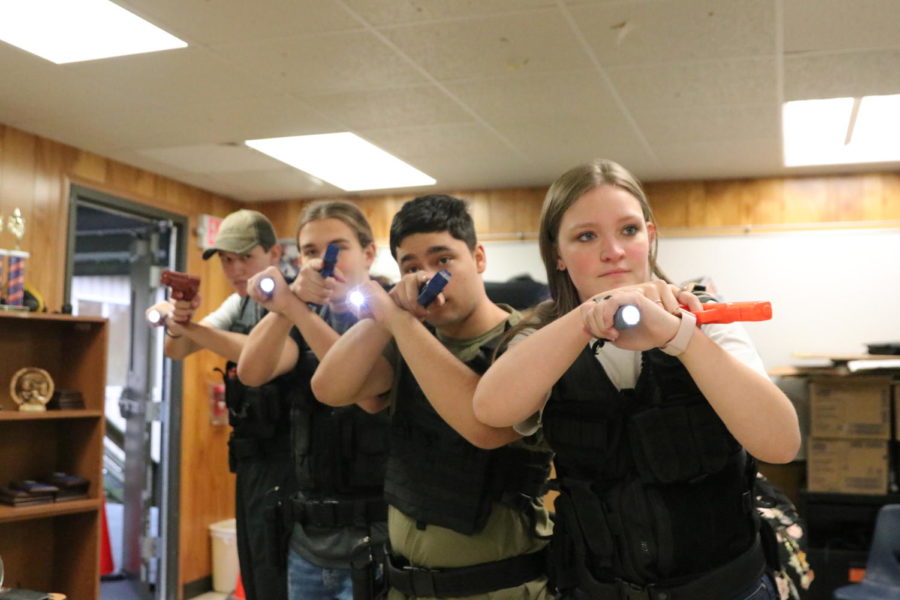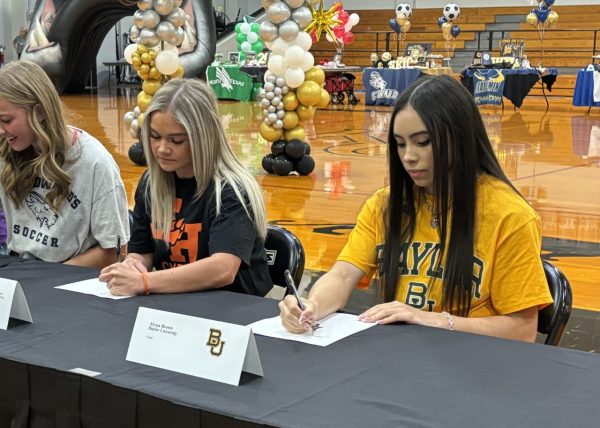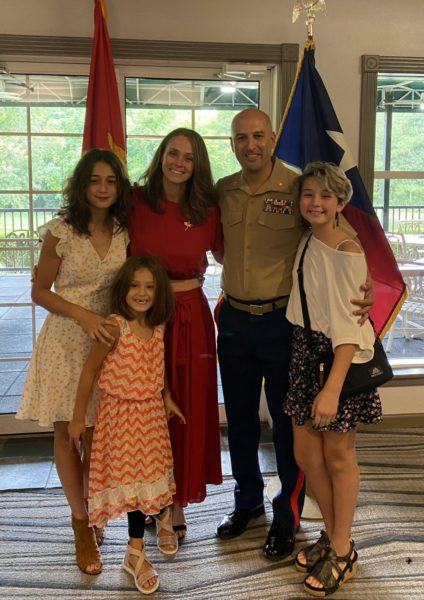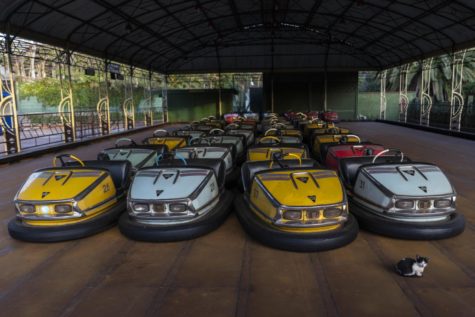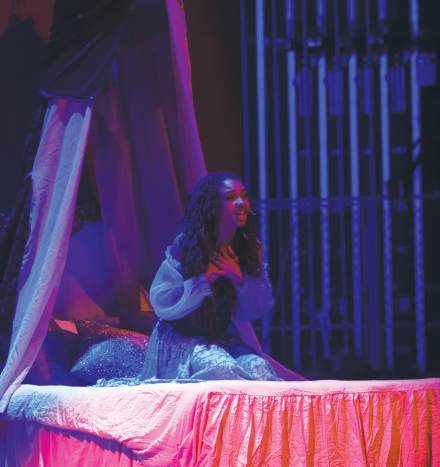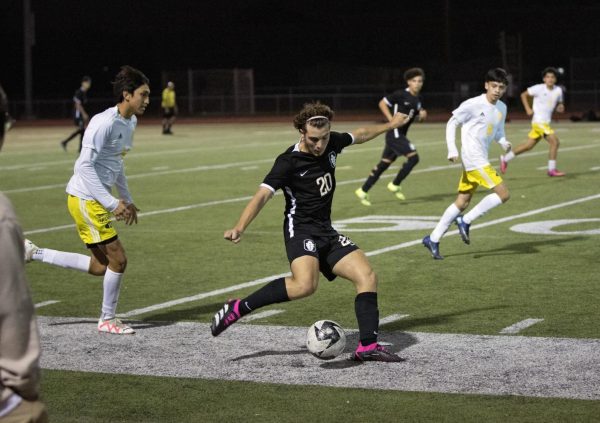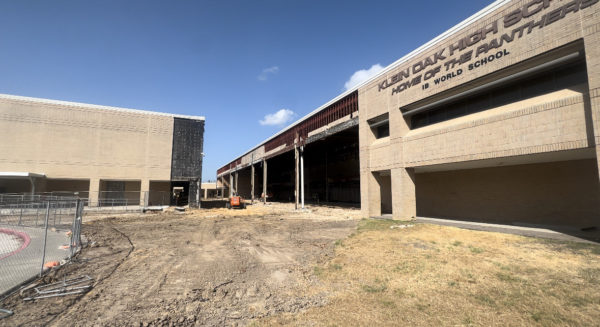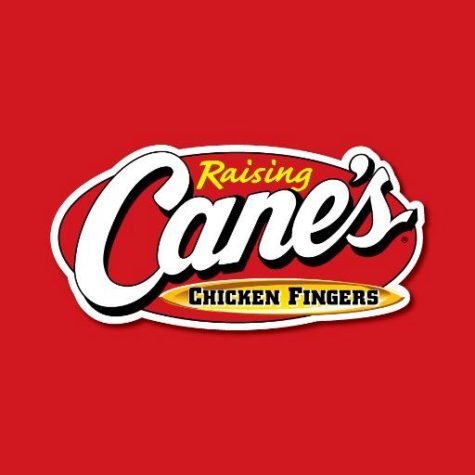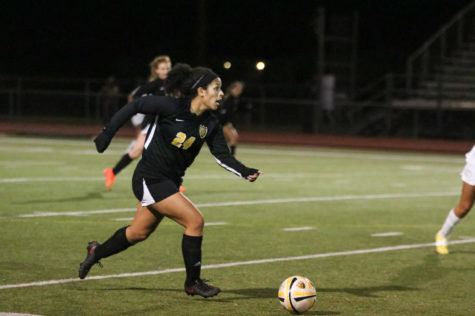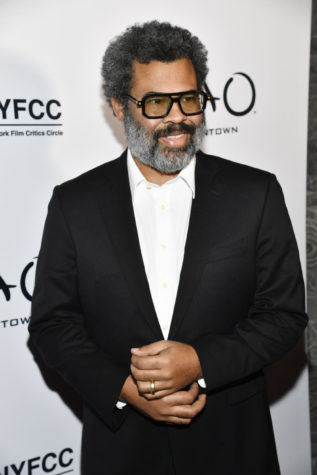Legally Lawful
Law Enforcement shoots for public safety
Sophomore Tommy Jones, senior Braedon Flory, sophomore Jackson Blankenship, and senior Sara Baskett from the Law Enforcement SWAT Practice gear up with bulletproof vests, holster belts, imitation guns, and flashlights to prepare for their future jobs in policing.
Whether wanting to help protect the rights of others or enforce rules to keep people safe, the Law/Public Safety pathway helps students reach their career goals for different fields such as forensics, security, being a police officer, and so much more.
Although all beginning students are required to take Law Enforcement 1 as an overview, the final course of this pathway is a Practicum in Law Enforcement, a hands-on class that gives students experiences all supported by the Klein ISD Police Department at the district police facility.
“We learn about traffic stops, family violence, drugs, DUI’s, DWI’s, and much more,” senior Taylor Smith said. “We also do crash courses.”
Most practicums allow students to earn a license or certification after they graduate and take an exam, and this is one of them.
“You can become a level 2 security guard fresh out of school,” Smith said. “You can also ask about level 3 certification to be able to carry a gun.”
To be able to take this course, there are some prerequisites.
Law Enforcement 1 and 2
Law Enforcement 1 is a prerequisite for most of the recommended classes in these branches. It goes over the history and reasons behind law, while Law Enforcement 2 teaches methods to prepare for a career.
“It’s an overview of the history, organization, and functions of law,” Law Enforcement 1 teacher Jovan Means said. “Students will understand the role of constitutional law at local, state, and federal levels; the U.S. legal system; criminal law; and law enforcement terminology and the classification and elements of crime.”
Criminal Investigations
If this course seems interesting, there is also a competitive Criminal Justice Club that teaches even more crime scene analysis, detective work, traffic-stopping, jail and prison duties, and court skills.
“A course that introduces students to the profession of criminal investigations,” Means said. “Students will understand basic functions of criminal investigations and procedures and learn how to investigate.”
Federal Law Enforcement
This class focuses more on the different branches of law enforcement and helps one decide which way they want to go.
“The knowledge and skills necessary to prepare for certification in security services for federal law enforcement and protective services are taught,” Means said. “It provides an overview of security elements and types of organizations with a focus on security measures used to protect, ensure computer security, provide assurance, and prevent cybercrime.”
Forensic Science and Psychology
Re-examining crime scene investigations, this forensics course goes into more detail about how to analyze evidence and criminal or victim behavior.
“Forensic Science is an advanced science elective where students learn how to collect evidence, the importance of chain of custody, and process evidence collected,” Forensic Science teacher Jennifer Kretz said. “Forensic Psychology is an engaging class in which students study the many reasons why someone might commit crimes and participate in serial killer profile analysis, study unsolved cases, and complete projects such as creating a fictional serial killer profile.”
Correctional Services (Dual Credit)
This class is geared towards those who want to be officers in a jail or prison. It is offered as a dual credit or regular class and focuses on how to run a correctional facility and the history behind punishment and justice.
“Correctional Services students learn about all aspects of corrections, sentencing options such as probation and community service, and all aspects of running jails and prisons,” Kretz said. “Students will explore gangs in prisons and the experience inmates are exposed to in correctional facilities.”


